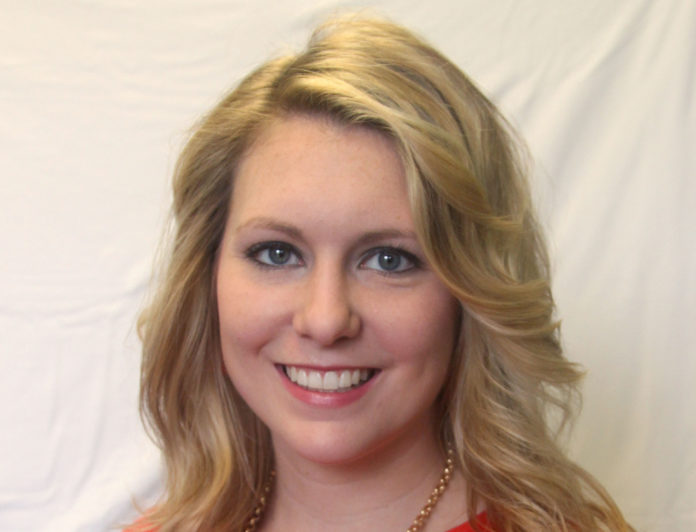By Jessica Babb | Broadcast Managing Editor
Nowadays, political conversations are often dreaded conversations. When having them, it seems as if most of the people doing the talking are those who either outwardly support or oppose the current administration. Meanwhile, those who are somewhere in the middle are just trying to keep quiet and avoid the political crossfire and polarized debates.
It almost seems as if you outwardly support the current administration, you outwardly oppose the administration or you are somewhere in the middle and are just trying to keep quiet and stay out of the political crossfire. At this point, we have all seen it — those political conversations that begin with a simple issue and then quickly devolve into a “who can talk the loudest while having an unrelenting viewpoint.” This can transform any conversation into an offensive, death match of politics, where each participant is equally as determined to end the conversation as the victor.
I don’t know if anyone else has noticed this change in the political climate over the last year or so, but I think it is safe to say these types of political conversations are not productive and won’t lead to effective change on either side of the aisle. We need to change our mindset from simply wanting to win a political conversation to taking the time to actually talk to others who believe in different policies, and understand why they think that way. We need to change our mindset so we can open a positive and productive political discourse back up in this country.
And believe it or not, this is possible to do.
For instance, one of my very best friends and I differ drastically in our political opinions. Between the two of us, we cover a large part of the political spectrum. Surprisingly, we became close during the last presidential election, which was an extraordinarily divisive time. We certainly did not shy away from the topic of politics. In fact, most of our conversations at first were almost exclusively about politics. From the very beginning, even when we disagreed with one another — which we often – we always shared this mutual respect for each other’s views. This respect acted as a foundation for us and in turn, were both more open about sharing.
Even though we differed about policy choices, what we found was that we shared many common goals for our lives and our country — we just disagreed with what was the best way to reach those goals. We each had issues that were important to us based on how we were raised and the experiences we have had throughout our lives, but through these issues, we were able to teach one another about unique perspectives we had not considered before. Both of us were able to open our minds to understand why the other person felt a certain way about a policy and what informed that view rather than just judging them for holding that opposing opinion. Because of these political conversations, we have both become a little more informed about the complexities of policies. It has given us new ways to think about them without necessarily changing our overall stance.
The point isn’t to convert someone’s opinion or make them think like you do. It is to understand why they think the way they do, so both sides can work together to reach a compromise that best suits everyone.
You might be reading this and think that if our country’s leaders, on both sides of the aisle, can’t seem to have a positive political discourse, then it is okay for us to do the same. But you have to change that mindset. We cannot control what our leaders do, how they act or how they participate in politics. But, we can control our personal interactions and how we treat one another. If we want our political discourse to become productive again, then the change needs to start with us each time we engage in political conversations. We need to always remember that many of us share common goals, but offer different ways to approach a problem. You should always give others the same kind of respect you wish to receive.






